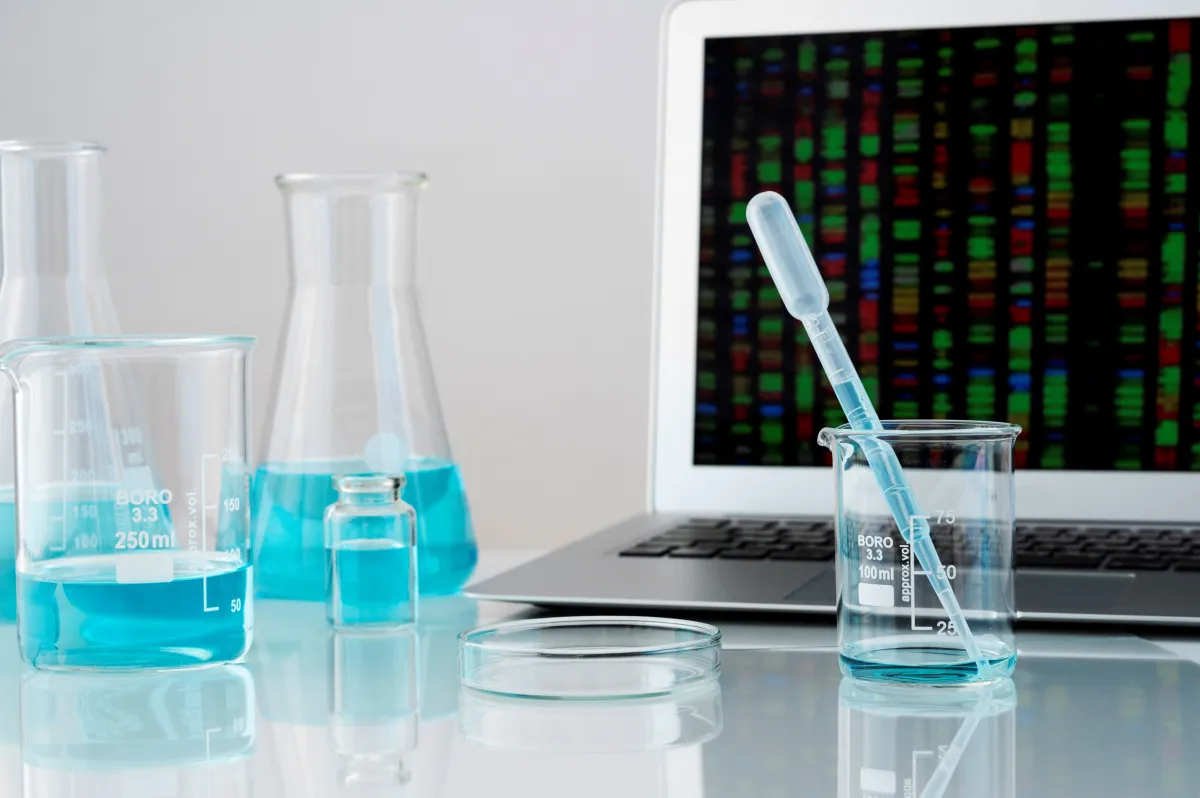
Thailand has a large number of agricultural products. The country’s economic development under the BCG economic model in terms of energy, materials, and biochemicals therefore focuses on increasing the value of agricultural products and waste materials from economic activities on an environmentally friendly basis. The development of the biomaterials and biochemicals industry in Thailand can achieve the objectives of increasing the domestic demand for agricultural raw materials and reducing dependence on the global market, with 90% of petroleum-based materials and chemicals products being substituted with the use of bio-based raw materials. In the year 2019, the total value of Thailand’s imported chemical products was around 480,000 million baht. However, the production of biomaterials and biochemical products in Thailand has high potential, so it is also the direction of the development of the biomaterials and biochemical industry in Thailand.
Materials and biochemical products with high production in Thailand.
1. Biosuccinic
A biosuccinic plant was established in Rayong with a production capacity of 20,000 tons per year. In addition, PTT Chemical International Private Limited, a subsidiary of PTT Global Chemical Public Company Limited, acquired shares in Myriant, the world’s largest producer of succinic acid. As a result, PTT became the world’s largest producer of biosuccinic, with a total production capacity of over 100,000 tons per year.
2. Bio-based lactic acid
Bio-based lactic acid is produced by the fermentation of raw materials such as corn, cassava, and sugarcane and has been used extensively in the food and beverage industry for shelf-life extension and flavor enhancement. In addition, it has been used as an ingredient in various pharmaceuticals and cosmetics, as well as an important precursor of the biochemical industry. Currently, Thailand is ready to produce a full range of bioplastics, both in a biolactic plant, such as Corbion (Purac), with a production capacity of 100,000 tons per year, and in a bioplastic factory, such as Total-Corbion, with a production capacity of 75,000 tons per year.
3. Biosurfactants
Biosurfactant is a type of surfactant. Thailand has developed bio-surfactants made from microorganisms with skin moisturizing properties. Some surfactants have moisture-regulating, anti-microbial, and anti-microbial properties preventing pathogen growth. Biosurfactants have been used in the food, cleaning products, pharmaceutical, and cosmetic industries.
4. Enzymes
Nowadays, there is an increasing trend of using enzymes in many industries, such as food, pharmaceutical, paper, leather, and washing products industries. This results in lower production costs, lower energy consumption, and less time and chemical usage. At present, Thailand has to import enzymes from abroad because of the high cost of enzyme production. However, since Thailand has a large number of agricultural raw materials, companies from other countries, for example, Taiwan, have invested in research and development of production at the prototype and pilot process levels.